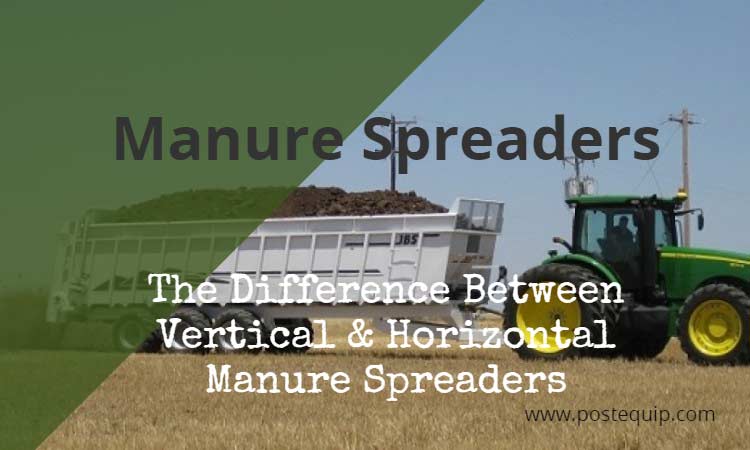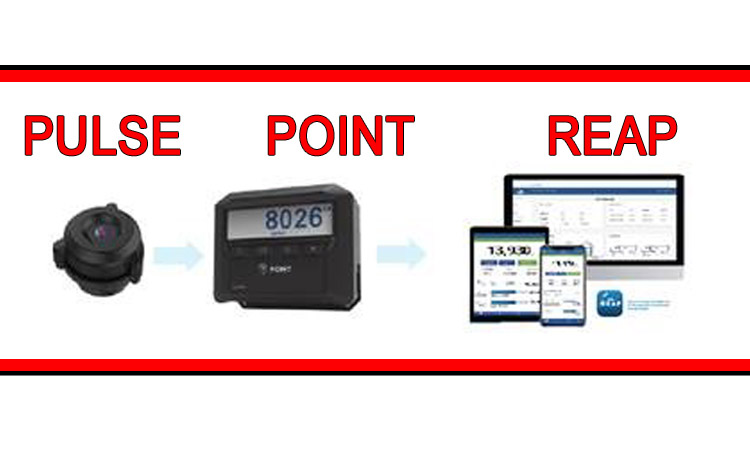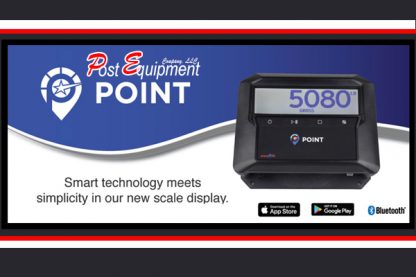
When producers are looking for manure spreaders a frequently asked question is what is the difference between a horizontal and a vertical beater spreader? How do I know which spreader is going to fit my operation? Below are some comparisons and some useful information about the different spreader types.
Vertical Beater Manure Spreaders
Advantages – Vertical Spreaders
- The crop farmer likes a vertical beater spreader if you are selling manure to him or when trading manure for stalks.
- Crop farmers like the thinner spread for their soil finishers.
- With a vertical beater – even if you spread in the fall – you can go in and no till in the spring where you hauled the manure in the fall.
- A vertical beater has a very nice even and wide spread pattern.
- It also does an excellent job of breaking up the bedding pack.
- Vertical manure spreaders work great for all types of manure. They even do a good job with sloppy manure when you control your slop gate evenly.
Disadvantages – Vertical Spreaders
- A vertical beater takes more horse power and more fuel consumption than a horizontal beater manure spreader.
- If you are spreading in the field with a vertical, some guys comment that they do not like driving through the manure.
- You do have to change the beater teeth more often on a vertical spreader than on a horizontal spreader because the verticals turn faster than the horizontal.
- A vertical beater spreader is usually more maintenance because the gear boxes and drive shafts take more abuse.
Horizontal Beater Manure Spreaders
Advantages – Horizontal Spreaders
- A horizontal does not need as big of a tractor to run – this is usually due to the horsepower factor.
- On most horizontals you do not have to worry about the back window breaking on your tractor because of manure flying forward into the back window.
- On verticals, you will need a cv pto more often than on a horizontal.
Disadvantages – Horizontal Spreaders
- A horizontal usually only spreads as wide as the spreader.
- Some horizontals spread better than others (finer or coarser) resulting in more clods or less clods especially on bedding pack manure.
Apron chain maintenance seems to be about the same on both types of spreaders.
This is part 2 of the FAQ on what to know before buying or renting a manure spreader. You can read part 1 of this manure spreader series for more information about spreaders. Be sure to contact Dan at Post Equipment 712-476-4500 for additional questions you may have about manure spreaders. See Post Equipment’s large, dynamic inventory of new and used manure spreaders for sale and for rent.


